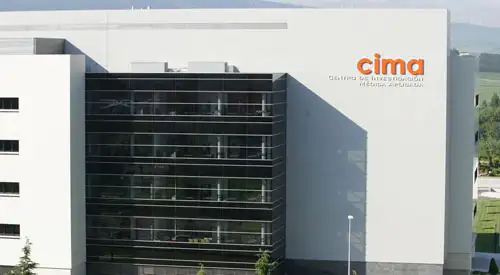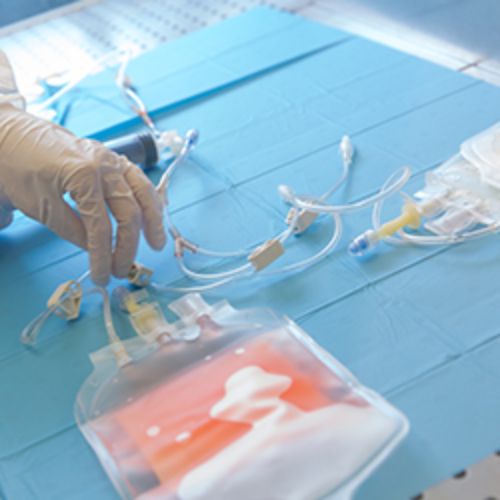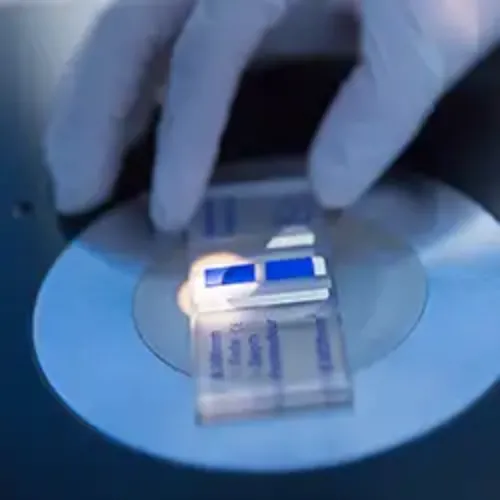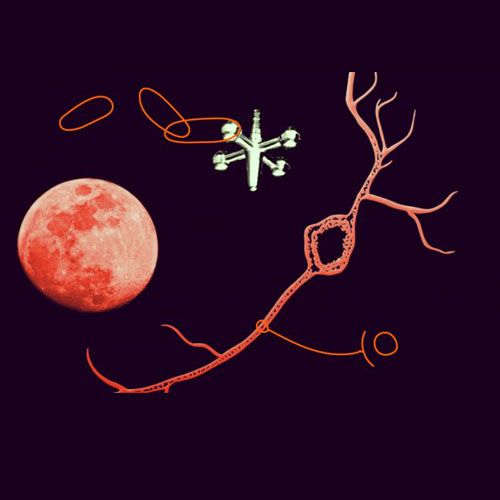Biomedical Engineering
"Thanks to the interaction between scientists and physicians, we seek to develop innovative technological solutions that improve medical care, diagnosis, treatment of diseases, and the quality of life of people."
DR. CARLOS ORTIZ DE SOLÓRZANO AURUSA
Our Biomedical Engineering Research Program applies engineering principles and methods to solve current biological and medical problems.
We are a multidisciplinary program that combines expert engineers, biologists, chemists, bioinformaticians, and physicians to develop innovative technological solutions that improve medical care, diagnosis, disease treatment, and quality of life.
Our program is focused on several fronts to revolutionize regenerative therapeutic strategies through the fabrication of tissues and organs in the laboratory, to advance in the knowledge of the mechanisms of this regeneration, to establish pharmacological testing systems and human disease models. For this, our research work is focused on designing physical “organ-on-chip” models, computational models and fabricating bioartificial human tissues based on artificial intelligence to deepen the knowledge of the disease and predict the efficacy of therapeutic strategies.
Another fundamental aspect of our program is to develop therapeutic approaches aimed at restoring the pathological dynamics of the brain and brain-body interactions.
To carry out this cutting-edge research work, we have state-of-the-art technologies for innovation in gene and cell therapies, 3D printing techniques for tissues and organs, the development of advanced biomaterials, the design of intelligent medical devices and bioinformatics and data analysis to develop computational tools and advanced algorithms to analyze large sets of biological and medical data, which represents a breakthrough in research, diagnosis and personalized treatment of patients.

Dr. Carlos Ortiz de Solórzano
PROGRAM MANAGER
| +34 948 194 700 | Ext. 815019 | |
| codesolorzano@unav.es | |
| Research profile |
BIOMEDICAL ENGINEERING
We seek to develop innovative technological solutions
| Manuel Mazo Principal Investigator Curriculum |
| Carlos Ortiz de Solórzano Principal Investigator Curriculum |
| Xabier Aranguren Principal Investigator Curriculum |
| Miguel Valencia Principal Investigator Curriculum |
Objectives of our program
Develop regenerative therapeutic strategies
Manufacture of tissues and organs in the laboratory to advance in the knowledge of the mechanisms of this regeneration, establish pharmacological testing systems and human disease models.
Develop physical "organ-on-chip" and computational models
based on artificial intelligence to deepen the knowledge of the disease and predict the efficacy of therapeutic strategies.
Study of brain-body interactions
Develop new therapeutic approaches to restore pathological brain dynamics.
FROM THE LABORATORY DIRECTLY TO THE CLINIC
Cutting-edge research
In order to accelerate the arrival of new drugs to the patient, we develop experimental models based on biomedical engineering that allow us to perform precise tests on the effectiveness of drugs.
We also work on the discovery of new molecular and physiological biomarkers to improve the diagnosis and monitoring of high-incidence diseases, such as cancer, cardiovascular and neurodegenerative diseases.
We make use of artificial intelligence to efficiently analyze the most characteristic features of the disease, in order to personalize disease treatment.

Would you like to help us?
Thanks to the generosity of many people, the Cima Universidad de Navarra is a reality that strives to offer therapeutic solutions to achieve personalized medicine for patients.

BRAVƎ
European project, led by the Clínica Universidad de Navarra, to create a biological device to support a diseased heart.

Organoids
Generation of miniature organs from stem cells to develop new therapeutic alternatives for the treatment of different diseases.

NEURONANOTECH
It aims to train a new generation of researchers with expertise in nanotechnology, medical device engineering, neuroscience and clinical neuroscience applied to the development of brain interfaces based on flexible nanostructured electrodes that improve integration with tissue, minimize adverse reactions and enable more stable and durable brain monitoring and stimulation.